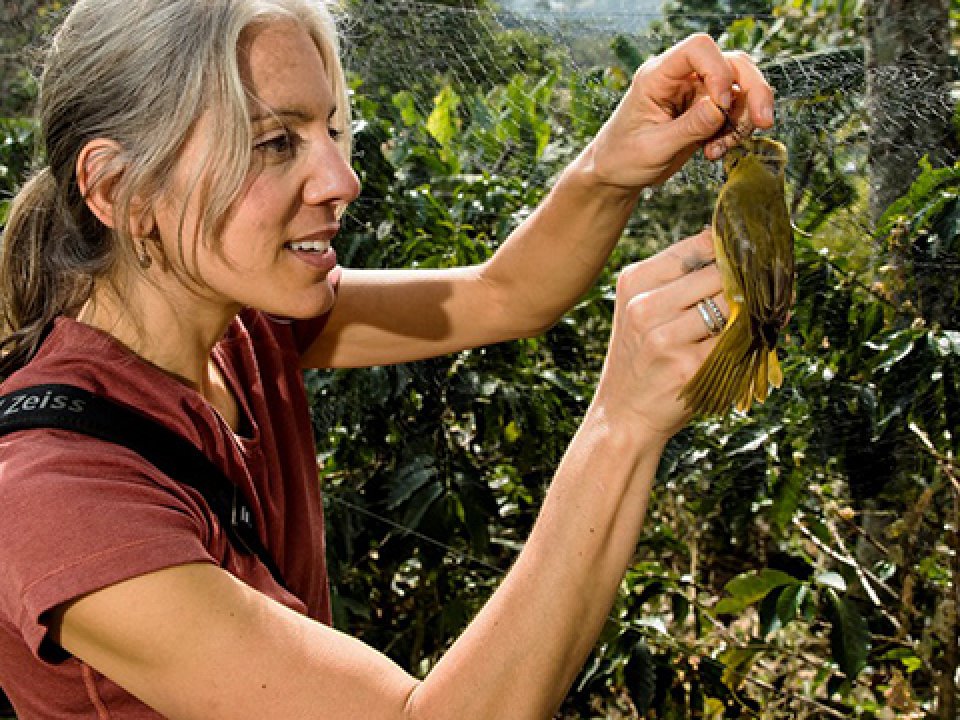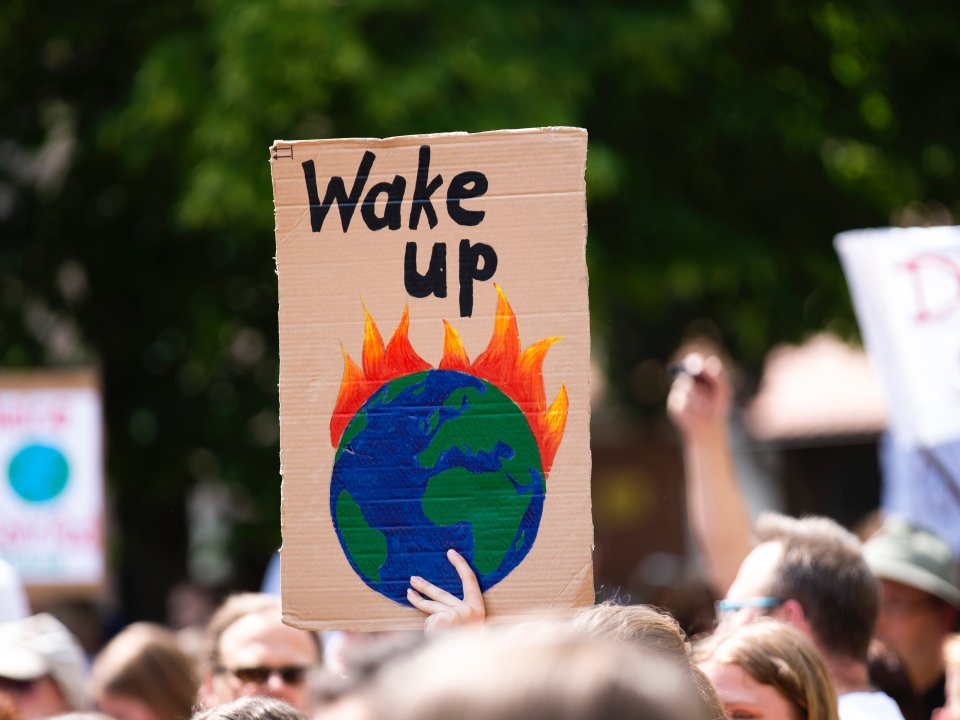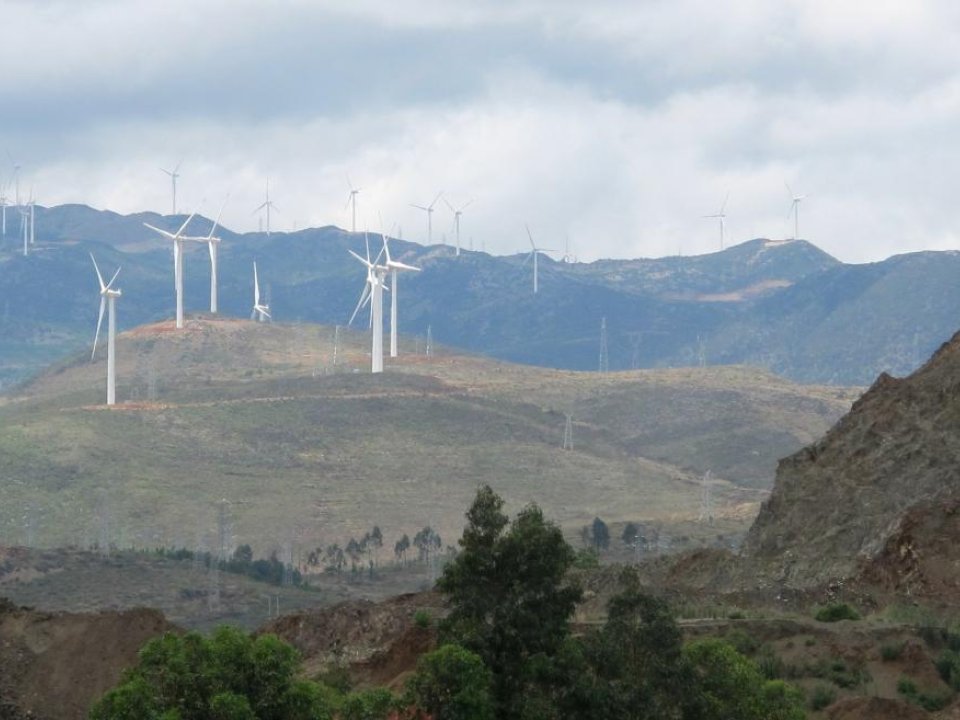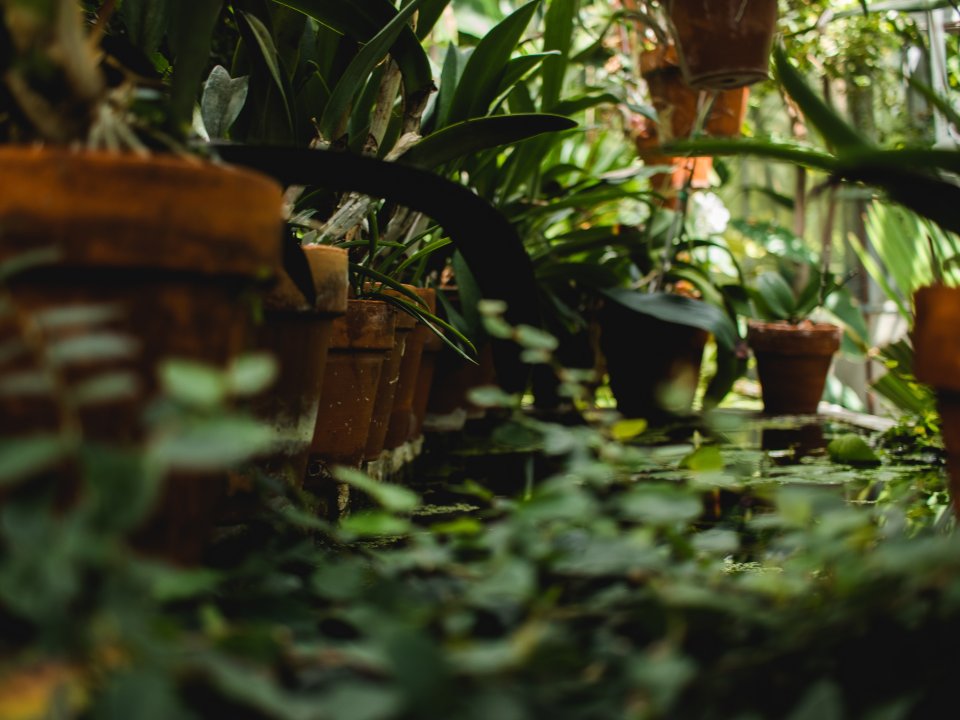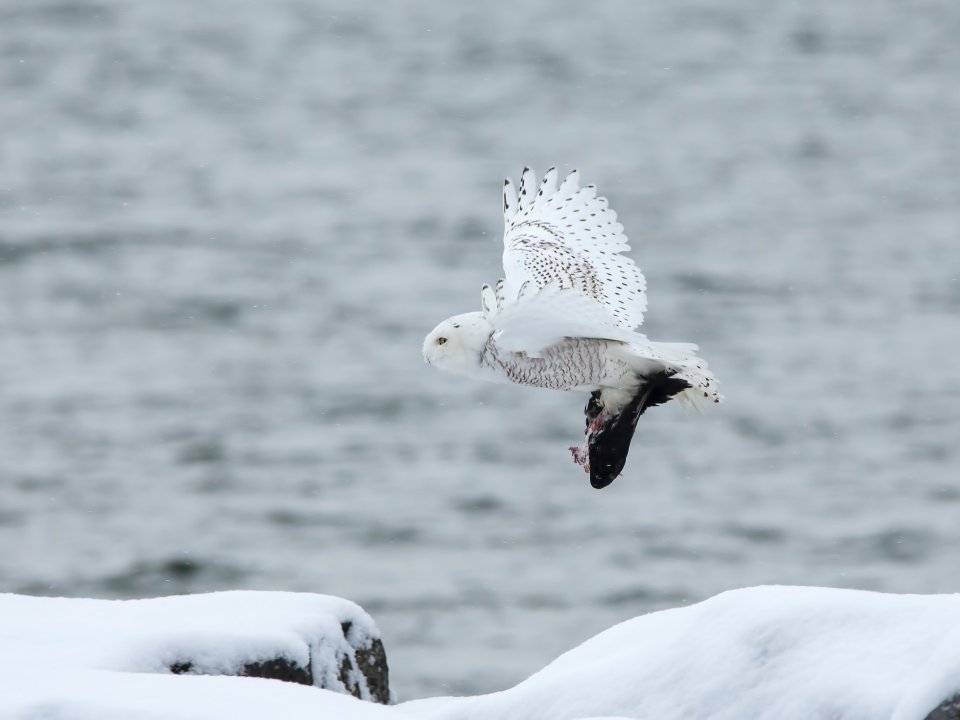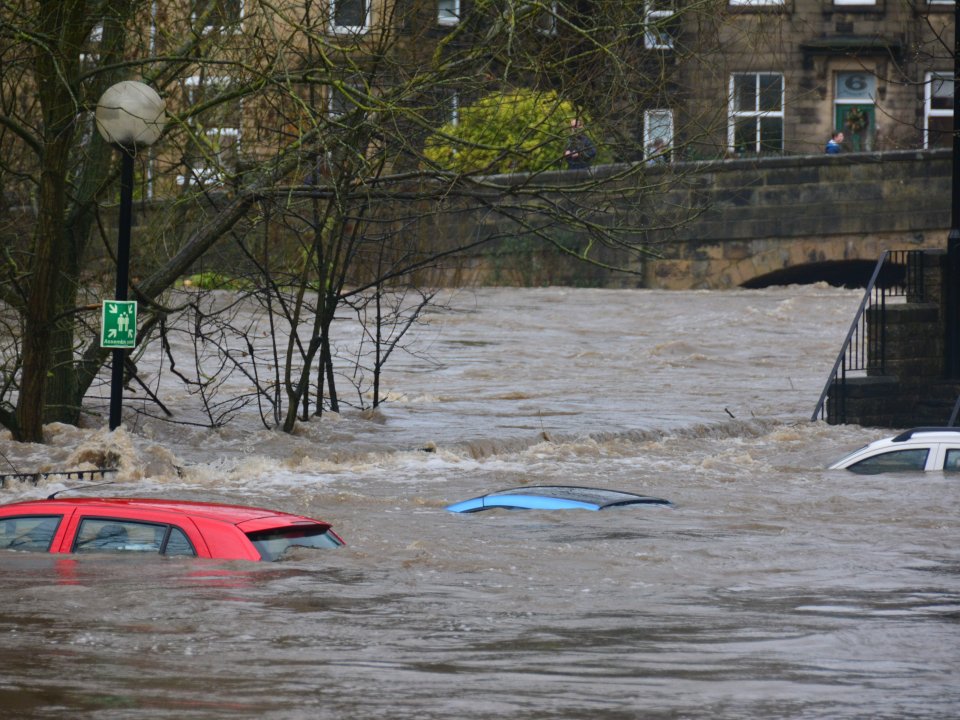News
Michelle Fournet, postdoctoral associate in the Lab of Ornithology, discusses the drop in man-made ocean noise due to the pandemic and its effects on underwater sound gathering.
Amanda Rodewald, professor of natural resources, says, “Over recent decades, most of the shade coffee in Latin America has been converted to intensively managed row monocultures devoid of trees or other vegetation. As a result, many birds cannot find suitable habitats and are left with poor prospects of surviving migration and successfully breeding.”
We bring migration scholars Filiz Garip and Ingrid Boas into conversation this week to talk about climate. They teach us about the ways that climate affects human movements, discuss the politics of the term "climate refugees," and explain how gradual weather change compares to extreme events.
Human decisions both large and small influence environmental outcomes in profound ways. From forest regeneration in China’s Himalayan heights to flood responses in New York’s Hudson Valley, human behavior reshapes the world. But how do culture, social organization, and politics influence these changes and their impacts?
The article references a 2020 study by lead author Gen Meredith, associate director of the Master of Public Health Program, finding that 10-50 minutes in nature improved mood, focus, blood pressure and heart rate.
“This virtual dialogue will be a robust exploration on how we as humanity can better govern our behavior to reduce the likelihood of future pandemics,” said Dr. Steve Osofsky, D.V.M. ’89, the Jay Hyman Professor of Wildlife Health & Health Policy and director of the Cornell Wildlife Health Center. “The experts we’ve assembled will be sharing their ideas on how our global community of nations can hopefully come together to prevent what I fear could otherwise be a cycle of recurring suffering and chaos.”
Despite severe, frequent flooding in coastal regions in the Philippines due to climate change, most residents do not consider migration as a short-term solution, according to new Cornell research.
Lindy Williams, professor of global development and a member of the Migrations Lab, profiled two cities in the province of Luzon as they face the risks and consequences of frequent flooding.
According to a senior research associate at the Cornell Lab of Ornithology, Dr. Andrew Farnsworth, population booms are difficult for habitats to maintain. More lemmings feed more owls, but if a prosperous lemming season is not followed by another with the same productivity, an ecosystem can crash.
With each episode, postdoc Eleanor Paynter speaks with experts who highlight how multidisciplinary, multi-species perspectives on migration help us understand key global issues. In season 1, we are broadening our scope of understanding by focusing on highly relevant themes like pandemics, climate, racial justice, and more. Keep an eye out for new episodes, released on the first Monday of every month.
Global Public Voices fellow Linda Shi argues that the Biden administration should think beyond lowering emissions, and should designate a deputy advisor for climate adaptation and create a platform for leading experts to inform the development of a national adaptation strategy — one that will help the country prepare for inevitable climate impacts such as forest fires, hurricanes and droughts.


